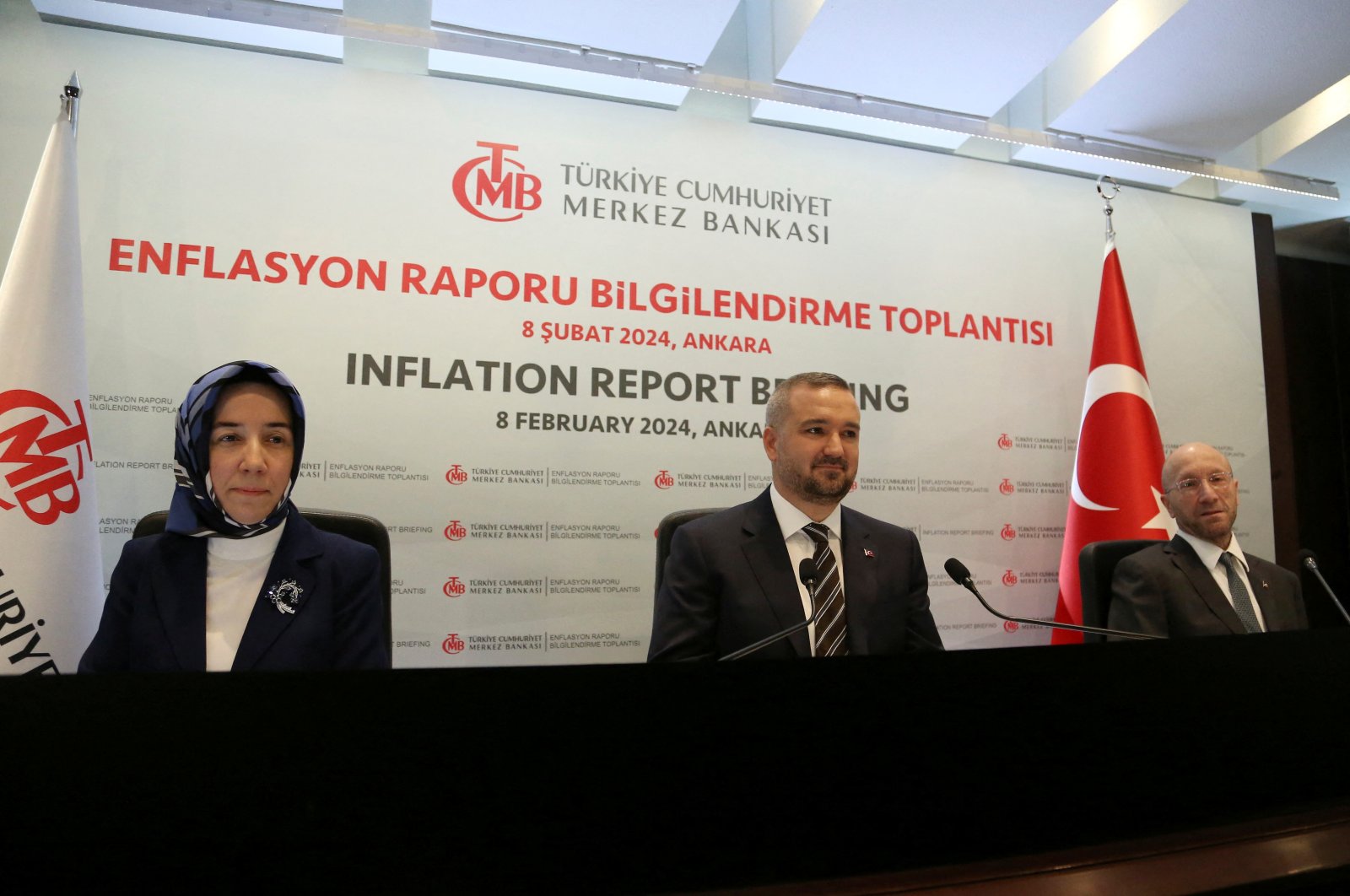Denktash and Turkey Under Pressure Over Cyprus
Mediators worry that if there is no deal to unite Cyprus soon, the Mediterranean island will join the European Union in 2004 divided, cementing a partition that is a permanent source of tension between Greece and Turkey, itself an EU candidate.
Previous Turkish governments have threatened to annex northern Cyprus if the EU accepts the island without a solution but the new Justice and Development Party (AKP) government elected last November has made no such statements.
"In previous governments the position was more or less, ‘Even if there’s no solution, no solution is a solution.’ That was the prevailing view," said Milliyet columnist Sami Kohen.
"Now for the first time, in parallel with the new trend in the Turkish Republic of Northern Cyprus, for the first time you see a party in power saying, ‘The time has come for a solution. This opportunity should not be missed’."
The AKP’s apparently conciliatory line on Cyprus is only the latest source of tension between it and the fiercely secular military which is deeply suspicious about AKP’s Islamist roots.
Turkey considers Cyprus, which lies off its south coast, as strategically vital and keeps around 30,000 troops there.
U.N. PLAN FOR PEACE
The opportunity for a deal has sprung from a new blueprint for peace based on a partnership of two component states which United Nations Secretary General Kofi Annan presented last year.
An opinion poll published in the largest selling Turkish Cypriot daily newspaper Kibris last week showed a large majority of Turkish Cypriots were in favor of the Annan plan.
Opposition leader Mehmet Ali Talat said Denktash must quit.
"He was elected by the Turkish Cypriot people, this is a fact. He represents the people, this is another fact. But he has not represented the good of the Turkish Cypriot people, he always represented the perceived interests of Turkey," he said.
Denktash has repeatedly declined to be interviewed by Reuters in recent weeks but he wrote an open letter to Kibris newspaper Friday answering his critics. He said various good points in the U.N. plan were the result of his efforts.
"But I cannot ignore and act blindly on other items which render these benefits meaningless," he said. "My responsibility is to my people and at the same time to our motherland Turkey."
Turkey desperately wants to join the European Union and many Turks are starting to realize that ambition may be doomed if Greek Cypriots enter the bloc alone and the Turkish Cypriot side, or Ankara, is blamed for failing to reach a solution.
U.N. special envoy Alvaro de Soto visited Ankara at the weekend en route to Cyprus. He said he hoped Denktash and Greek Cypriot President Glafcos Clerides would resume talks this week "purposefully and with a sense of acute urgency." The United Nations has set a February 28 deadline for a power-sharing deal.
Turkey’s Foreign Ministry last week promised to revise nearly 30 years of policy toward Cyprus in a move that indicates the AKP’s new approach may be beginning to have an impact. "For years Turkey’s policy on Cyprus has been in a way stable but stagnant," Kohen said. But he said it would be premature to say there was wholehearted change in Ankara.
"There are hawks and doves. Both sides maintain their views…For the military what’s important is the continuation of the security arrangements. They believe Cyprus is too important for Turkey. It cannot be left completely out of control."



